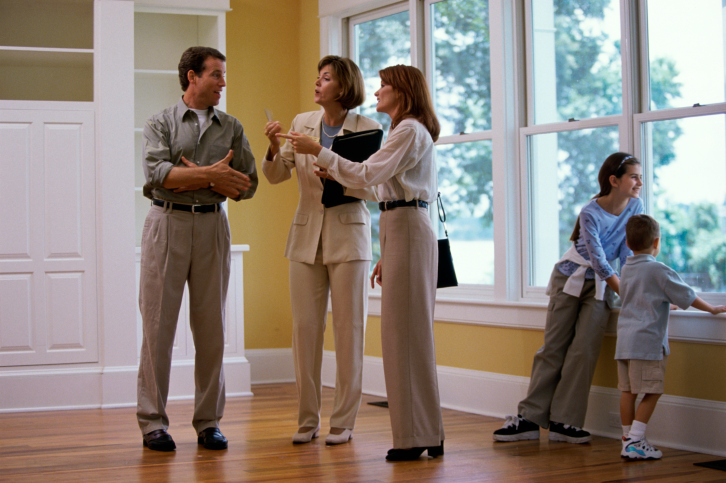Virtual Home Buying

For obvious reasons, you won’t be seeing any Open House ads or signs at new homes for sale nearby, and it’s highly unlikely you’ll be going to any showings with your buyer agent. Remote home-buying is nothing new, however, and for this time of staying safe at home, we can learn a few tricks of this type of home purchase, so you don’t have to put that on hold!
- Get pre-approved now! Current interest rates are just one incentive for buying a new home.
- With social distancing being the norm, for now, be prepared for a lot of phone conversations, emails, and texts between yourself and your real estate agent.
- Call a few agents and request an over-the-phone interview to find the one that’s right for you. Be sure they are comfortable and knowledgeable about a virtual house-hunt.
- You are probably already house-hunting online and saving your favorites. Don’t forget to look at those that may not catch your interest quickly--there are sometimes diamonds in the rough!
- Type up a list of what you’ll need for a home, as well as extras you’d like to see, and have it ready to email to your agent so they can get to work on looking for houses you might be interested in. Share your online wish list of homes with them as well.
- Once your Realtor® has a list of homes for you to see, take a 3D or video tour or each, comb through the photos, and ask questions. Ask your agent if they can do a live video tour of the houses that you like the most so you can get a better feel of what the house is actually like.
- With the exception of places where going to a property for a showing is barred, your agent will be certain that they take proper measures to protect you as well as themselves. Follow all CDC guidelines for slowing the spread of COVID-19.
- On that note, be sure to understand if a homeowner refuses to show their home if they are still living there. In case they’re allowing showings, don’t be offended by personal questions about your health. We all have to have some extra understanding and patience these days.
Don’t allow this period of flattening the curve discourage you from buying a new home. In some cases, it may take a little longer, and if there’s an urgent situation that you need to move quickly, share your concerns with your agent, and they’ll be with you every step of that way, even if the home-buying venture is a virtual one.
Courtesy of Chester County PA Realtor Scott Darling.
Photo credit: zillow













